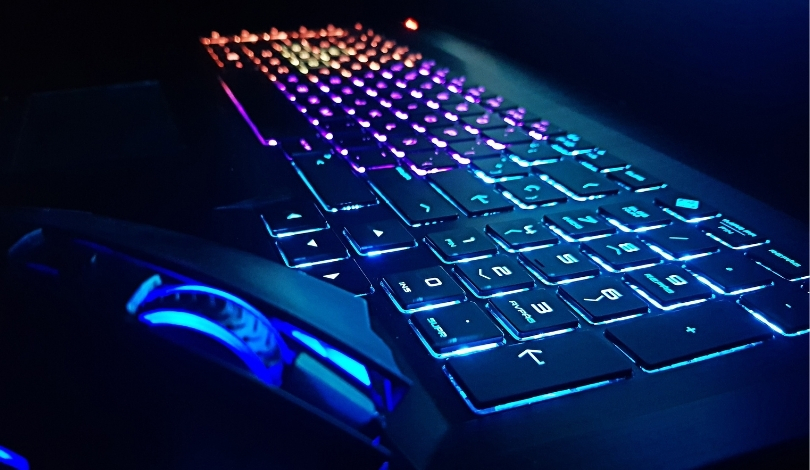Mindwave, a forthcoming indie title reminiscent of the WarioWare series, invites gamers to participate in a dynamic game show environment. Players navigate through a myriad of minigames, aiming to ascend through levels and ultimately secure an in-game cash prize of $10 million. The game combines fast-paced challenges with strategic progression, offering a blend of excitement and competition for its audience. Enthusiasts anticipate its release, hoping it will carve a niche in the competitive gaming market.
Early reports suggested that Mindwave struggled to gain traction, but recent developments have significantly boosted its popularity. The successful Kickstarter campaign and positive reception on platforms like Steam have transformed its standing, attracting a broader audience and increasing developer support. This shift highlights the game’s potential and the community’s enthusiasm for its unique approach.
Kickstarter Success and Funding Allocation
Mindwave’s Kickstarter campaign surpassed its initial $40,000 goal by amassing $443,442 between January 14 and February 14. This substantial backing enabled the development team to introduce stretch goals, including gamepad support at $60,000 and additional microgames at $90,000. Higher milestones unlocked features like multiple DLCs and Steam Workshop modding, enhancing the game’s depth and replayability. The developers allocated over half of the funds directly to development, ensuring continuous progress while dedicating portions to taxes, rewards, and fees.
Exciting Features and Gameplay Mechanics
Mindwave offers a variety of minigames that challenge players‘ reflexes and strategic thinking. The demo featured levels inspired by in-game contestants, including tasks like catching a running cat, collecting falling sweets, and competing in Tetris matches. The upcoming online versus mode promises competitive 1v1 gameplay, allowing players to challenge each other’s performance in real-time. This feature aims to foster a vibrant community and extend the game’s longevity by introducing competitive elements.
Developer Commitments and Future Plans
The development team acknowledges the challenges ahead, emphasizing their dedication to bringing Mindwave to fruition.
“This is the first time our team has worked on a project of this scale, so it’s quite possible that we mess a few things up,”
they stated, highlighting potential hurdles such as technical issues and resource constraints. Despite these challenges, the developers remain confident in their vision and committed to delivering a game that aligns with their creative aspirations. Future updates are planned to include post-launch features and continuous improvements based on player feedback.
Mindwave’s journey from a modest project to a well-supported indie game underscores the importance of community engagement and effective crowdfunding. By responding to player feedback and expanding its feature set, the game is positioned to make a significant impact in the indie gaming scene. The combination of engaging minigames, substantial funding, and a committed development team sets Mindwave on a promising path toward success.










